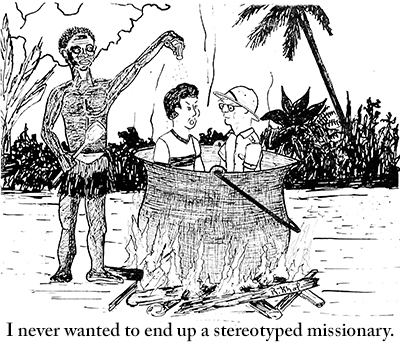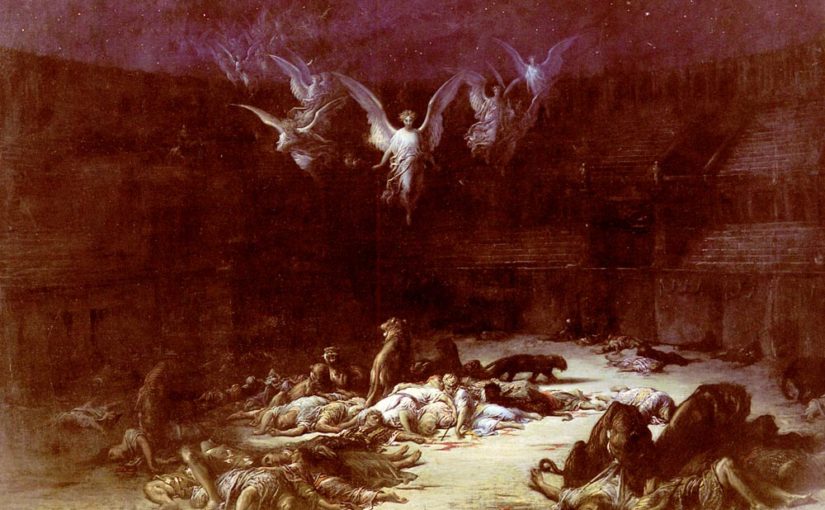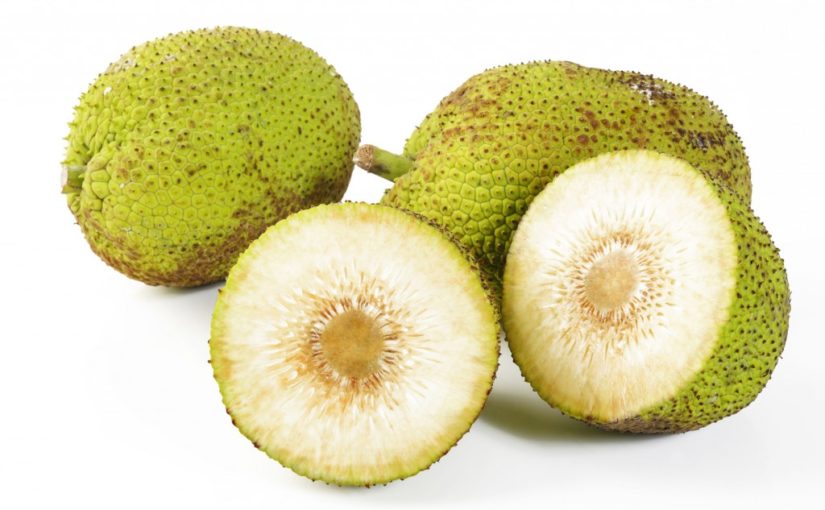And for this reason He is the Mediator of the new covenant, by means of death, for the redemption of the transgressions under the first covenant, that those who are called may receive the promise of the eternal inheritance.
Hebrews 9:15*
Israel had a great covenant with God; it was a deal made with runaway slaves that was better than even the rich and mighty nations had with God. Even Moses had to exclaim, “”For what great nation is there that has God so near to it, as the LORD our God is to us, for whatever reason we may call upon Him?” (Deuteronomy 4:7). It was more than they could hope for, and certainly more than they deserved.
There was, however, a real problem with this relationship. Israel was unable and unwilling to uphold their part of the bargain. They had made a legal contract with God and they were in default. The penalty clauses were kicking in; all the promised blessings were withheld and the long list of terrible curses were being served.
The children of Israel needed a new contract, a new covenant, but they could bring nothing to the table; they had nothing to offer. What they really needed was the Mediator of the New Covenant.
Moses had interceded for the people on a number of occasions appealing to God’s merciful nature to turn away His wrath, but Moses was incapable of appeasing the divine justice of God. The LORD of Hosts Himself would have to provide His own go-between in the person of the Lord Jesus Christ.
In dying on the cross and shedding the blood of a willing, righteous sacrifice, He was able to demonstrate the grace of God and maintain the just laws of the Ruler of the Universe. Christ’s death on the cross was a game changer. Since the righteousness and mercy of God were both represented, a new contract could be written, but not just for Israel; it was for all people. The blood of the Savior brought the Creator and the human race back together. Christ had become the Mediator of the New Covenant.
*see also Hebrews 12:24
October 2









